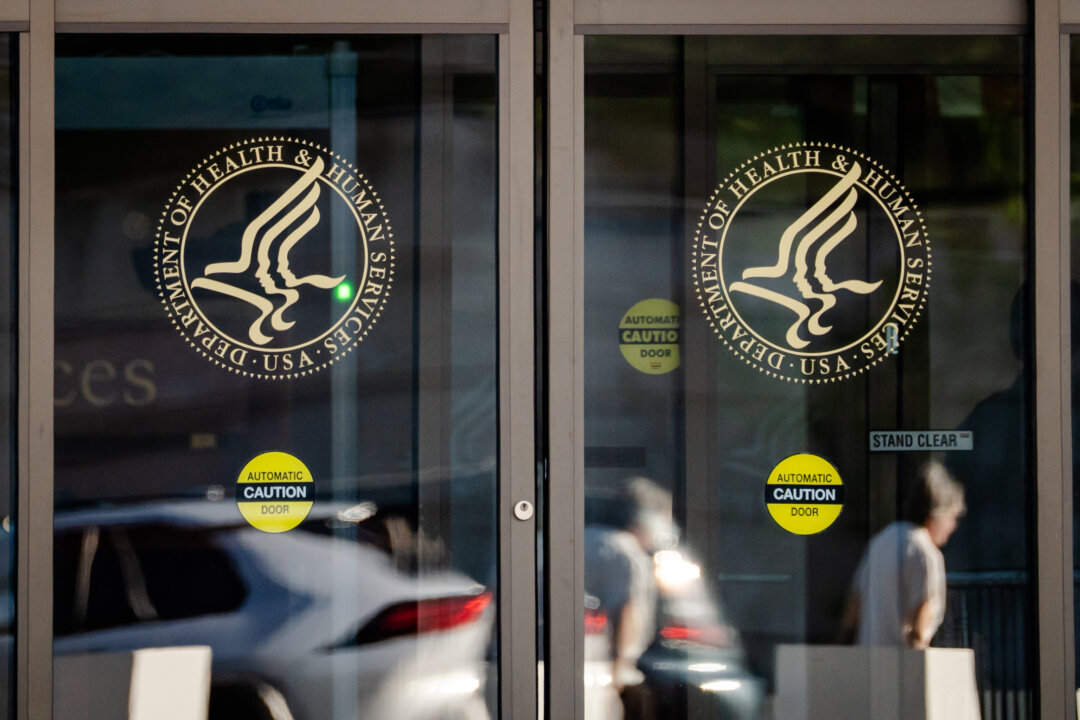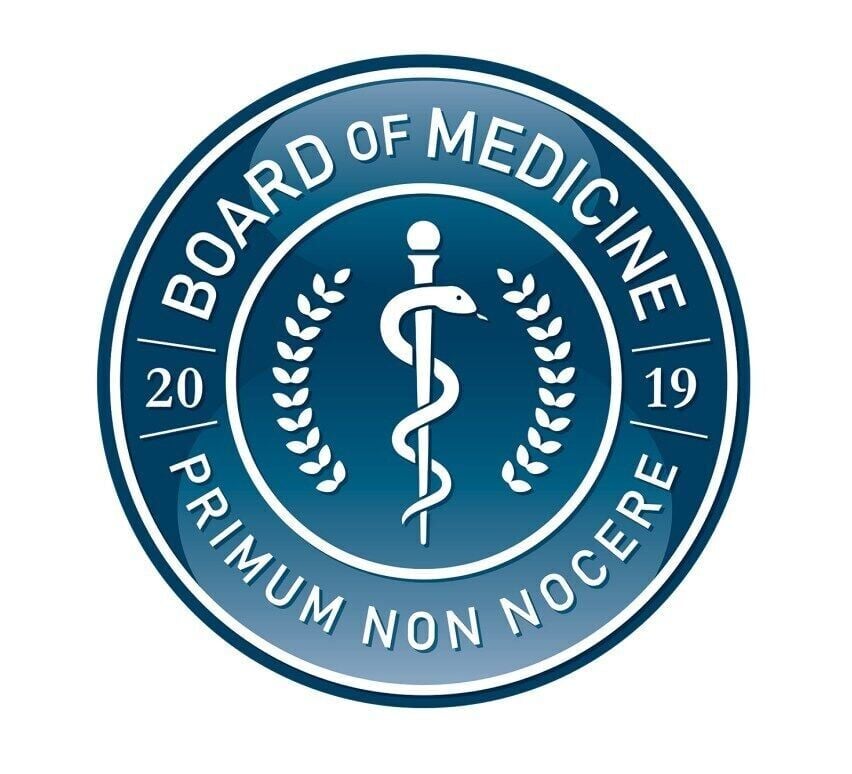The U.S. Department of Health and Human Services has called on medical providers and states to immediately revise their gender dysphoria care practices, advising against reliance on previous “discredited guidelines” for pediatric patients.
HHS Urges Medical Providers, States to Immediately Revise Gender Dysphoria Care Practices

Key Takeaways:
- HHS is urging immediate changes to gender dysphoria care practices.
- Medical providers are advised to abandon “discredited guidelines” for pediatric patients.
- The focus is on updating treatment for pediatric gender dysphoria.
- States are being urged to revise their policies accordingly.
- The agency aims to improve care standards for gender dysphoria.
HHS Calls for Urgent Overhaul of Gender Dysphoria Care
The U.S. Department of Health and Human Services (HHS) has issued an urgent directive for medical providers and states to immediately revise their gender dysphoria care practices. The agency is specifically advising healthcare professionals to no longer rely on previous “discredited guidelines” concerning pediatric gender dysphoria.
Abandoning Discredited Guidelines
“The agency is now telling health care providers to no longer rely on previous ‘discredited guidelines’ for pediatric gender dysphoria,” according to the recent announcement. This move signifies a significant shift in the approach to treating gender dysphoria among young patients.
Impact on Medical Providers and States
Medical providers are being called upon to update their practices to align with new standards recommended by HHS. States are also urged to revise their policies to reflect these changes, ensuring that care for pediatric patients with gender dysphoria is based on the most current and reputable guidelines.
Emphasis on Improved Care Standards
The initiative underscores the agency’s commitment to enhancing the quality of care for individuals experiencing gender dysphoria, particularly among children and adolescents. By advocating for the abandonment of outdated guidelines, HHS aims to promote treatments that are evidence-based and supportive of patient well-being.
Looking Ahead
As the healthcare community responds to this directive, significant changes in the treatment of pediatric gender dysphoria are anticipated. Medical professionals and policymakers will need to collaborate to implement these recommendations effectively.











